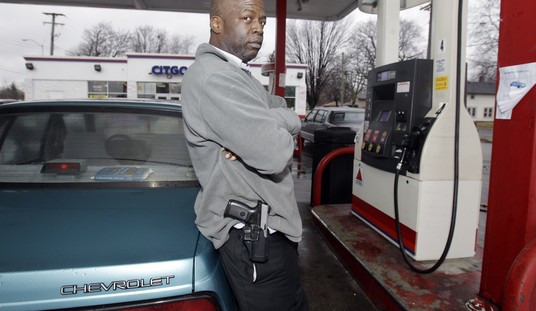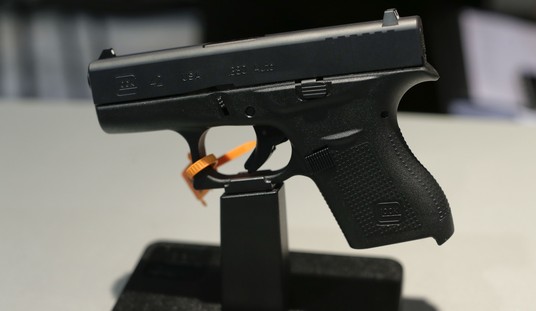In what some may see as a blow to Second Amendment advocates, on Monday The U.S. Fifth Circuit Court of Appeals rejected a gun rights group’s attempt to overturn laws prohibiting federally licensed dealers from selling handguns to out-of-state residents.
However, things are perhaps not as bleak as they look.
First, a little background.
The Citizens Committee for the Right to Keep and Bear Arms challenged federal laws prohibiting the sale of handguns by federally-licensed firearms dealers to out-of-state buyers. The committee filed the suit after two of its members in Washington, D.C., were prohibited from purchasing two handguns in Texas, Texas Lawyer reports.
In 2015, the committee convinced U.S. District Judge Reed O’Connor of Fort Worth to overturn the federal laws. O’Connor ruled the federal statutes violate the Second Amendment and the equal protection component of the Fifth Amendment’s due process clause — a decision the government appealed to the Fifth Circuit.
In this particular case, the 5th Circuit found that various laws enacted by Congress:
… All concede that there is a compelling government interest in preventing circumvention of the handgun laws of various states …
The court rejected O’Connor’s ruling, stating that neither due process nor the 2nd Amendment were violated here.
Writing for the court, Judge Priscilla Owen noted it is unrealistic to expect the nation’s 123,000 licensed dealers to know the handgun laws of all 50 states before making out-of-state sales:
“The laws of the various states differ as to who may lawfully possess a firearm. All but one state (Vermont) prohibits possession of a firearm by a felon, but the definitions of ‘felony’ differ. Similarly, restrictions based on mental illness vary. Some states prohibit the purchase of a firearm by drug abusers, and some restrict purchases by those who have abused alcohol.”
This is actually a very cogent argument. It’s beyond unrealistic to expect an FFL to know more than the laws in their own state, particularly as those laws vary wildly from state-to-state.
Moreover, this is a clear case of Interstate Commerce, which Congress absolutely has the Constitutional power to regulate.
Frankly, this is a protection for FFLs, because should they sell to a prohibited person, they can be criminally liable themselves.
Now whether we should have a hodge-podge of local and state gun regulations, or simply use the Second Amendment as the only regulation needed is another argument.
But given the situation as it currently exists, this is actually a pretty good ruling, legally speaking.
What needs to happen is for Congress to address this, and allow FFLs to do background checks on out-of-state purchasers.
In the meantime, nothing has actually changed, out-of-state buyers may still have their firearm shipped through a local FFL who will perform the background check.








Join the conversation as a VIP Member